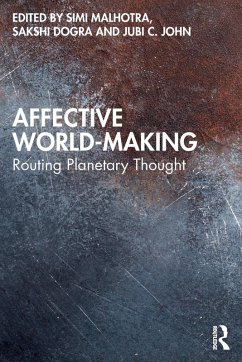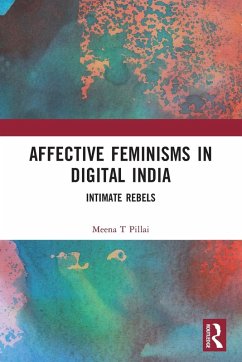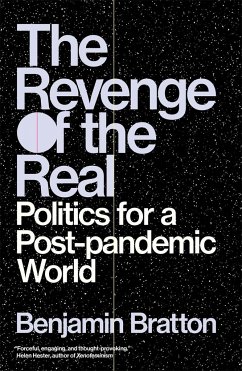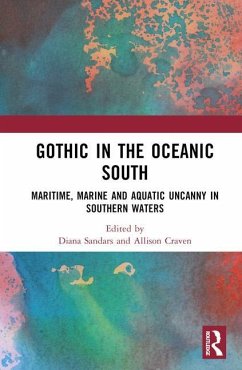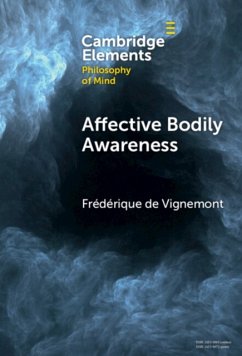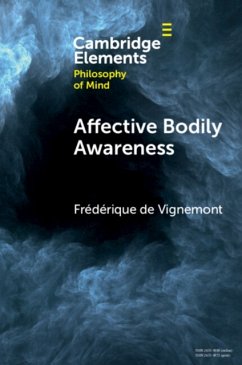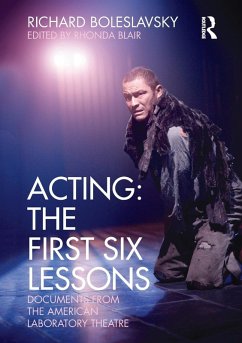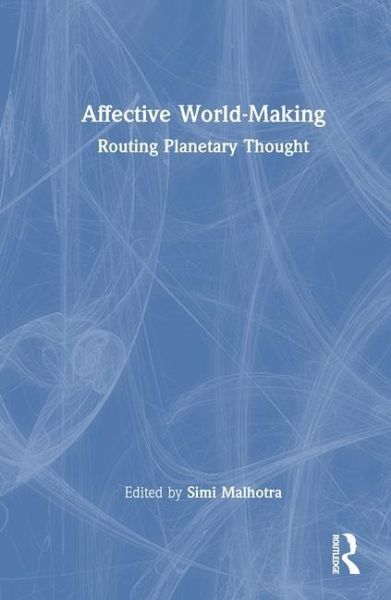
Affective World-Making
Routing Planetary Thought
Herausgegeben: Malhotra, Simi; Dogra, Sakshi; John, Jubi C.

PAYBACK Punkte
77 °P sammeln!
This volume fosters a re-imagination of the planet where it is seen not only as a resource, but also as an entity that must not be excluded from the political imperative of care and kinship. The authors go beyond the normative understanding of space by recognizing the potency of touch, where they look at somatic experiences that invite the intensity of affect.This book questions the dominance of the capitalocene through the existence of social aesthetic and records the affective encounters that facilitate the creation of planetary identity, affinity, and entanglements. With discussions on arch...
This volume fosters a re-imagination of the planet where it is seen not only as a resource, but also as an entity that must not be excluded from the political imperative of care and kinship. The authors go beyond the normative understanding of space by recognizing the potency of touch, where they look at somatic experiences that invite the intensity of affect.
This book questions the dominance of the capitalocene through the existence of social aesthetic and records the affective encounters that facilitate the creation of planetary identity, affinity, and entanglements. With discussions on architecture, poetry, rap music, romantic literature, performance art, digital fashion, Instagram, Netflix shows, YouTube videos, moving image practices, eco-sexual movements, and graphic narratives, the chapters in this volume initiate a conversation on what it means to inhabit the world today.
An important contribution, this book will be of interest to students and researchers of environmental humanities, planetary humanities, affect studies, digital humanities, and media studies, besides also being of interest to those studying interdisciplinary critical/cultural theory, Television and film studies, philosophy, and architectural theory.
This book questions the dominance of the capitalocene through the existence of social aesthetic and records the affective encounters that facilitate the creation of planetary identity, affinity, and entanglements. With discussions on architecture, poetry, rap music, romantic literature, performance art, digital fashion, Instagram, Netflix shows, YouTube videos, moving image practices, eco-sexual movements, and graphic narratives, the chapters in this volume initiate a conversation on what it means to inhabit the world today.
An important contribution, this book will be of interest to students and researchers of environmental humanities, planetary humanities, affect studies, digital humanities, and media studies, besides also being of interest to those studying interdisciplinary critical/cultural theory, Television and film studies, philosophy, and architectural theory.





